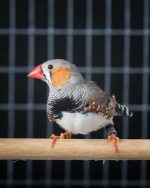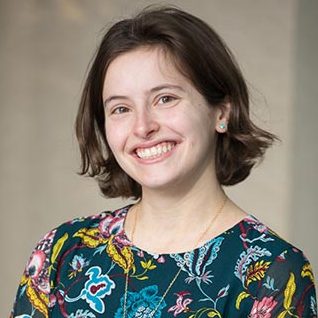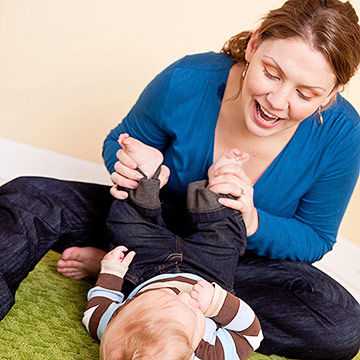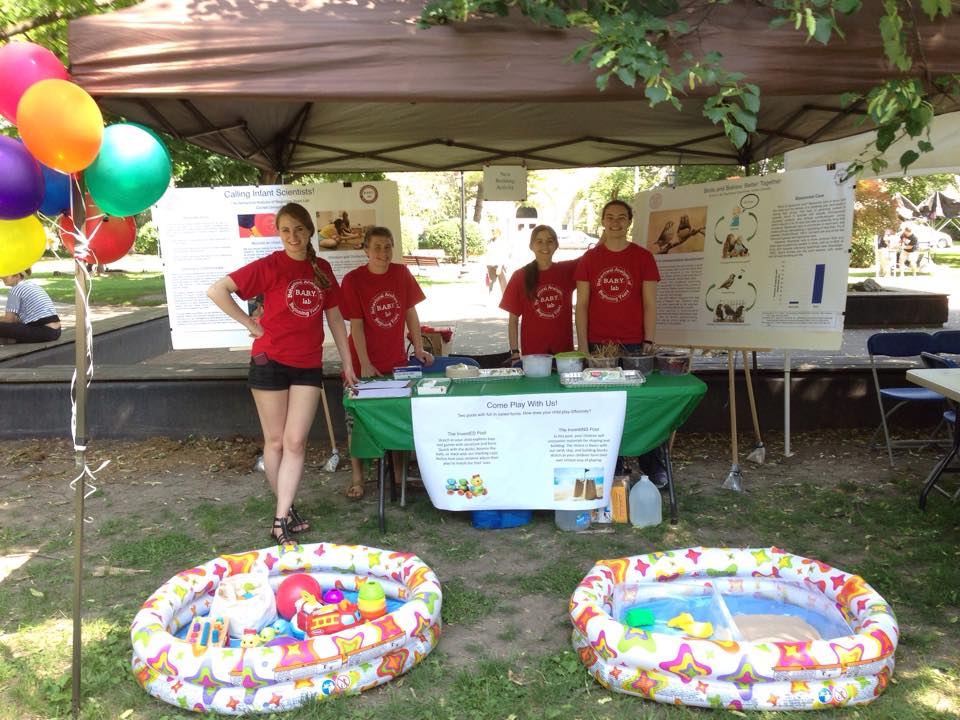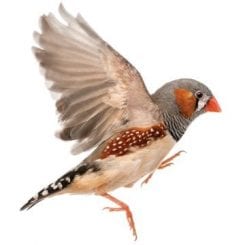Author: Mike
New paper on the social functions of infant babbling
A new article in Science Daily reports on our recent discoveries about the social functions of infant babbling. Traditionally, baby babbling was thought of as simple motor exercise, but we have foun... Read MoreNew paper on the role of social motivation in song learning
A new article in the Cornell Chronicle reports on our latest paper investigating the role of social motivation in learning how to communicate. Infant songbirds and humans learn from social feedback... Read MoreB.A.B.Y. Lab Researcher Sara Schroer ’17 Featured in Cornell Chronicle
Honors thesis student and all-around wonderful person Sara Schroer is being featured by Cornell as one of our star graduating seniors! Next year she will attend the Ph.D program in developmental ps... Read MoreBabies influence mothers’ speech
If someone spoke to you in a high pitched, animated manner, you might be a little confused. This style of talking is known as infant-directed speech (IDS) and is characterized by high pitch, slower ... Read MoreB.A.B.Y. Lab at the Ithaca Festival!
Come find us at Ithaca Festival! The Cornell B.A.B.Y. Lab will be hosting an activity booth on Cayuga Street (between Buffalo and Court St.) on Saturday and Sunday starting at noon. You can watch how... Read MoreB.A.B.Y. Lab on NPR
Lab director Dr. Michael Goldstein be interviewed on the NPR affiliate WSKG on Wednesday (4/15) afternoon as a guest on Community Conversation: A Public Discussion On Child Care. There will be a liv... Read More2015 NSF fellowship winners!
Congratulations to graduate students Melissa Elston and Katerina Faust! Melissa won the prestigious National Science Foundation predoctoral fellowship, and Katerina received an honorable mention!... Read MoreWhy we study birds and babies
Perri Klass, a pediatrician, science writer, and NYU professor of pediatrics and journalism, wrote a wonderful article for the Harvard Medicine magazine on why we study both baby babbling and birdsong... Read MoreA social guide to babbling
B.A.B.Y. Lab director Dr. Mike Goldstein was recently interviewed on the Sift podcast, which was broadcast on NPR stations nationwide: Social Guide to Babbling... Read More- 2 of 3
- « Previous
- 1
- 2
- 3
- Next »


